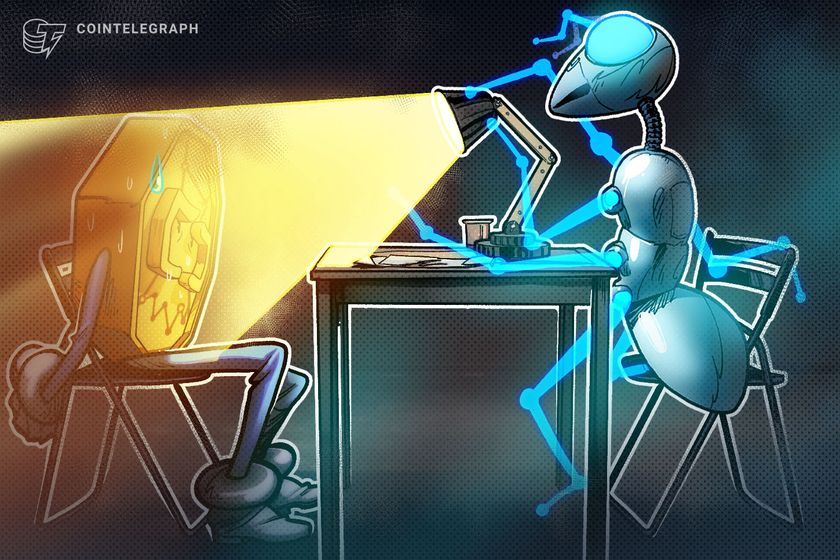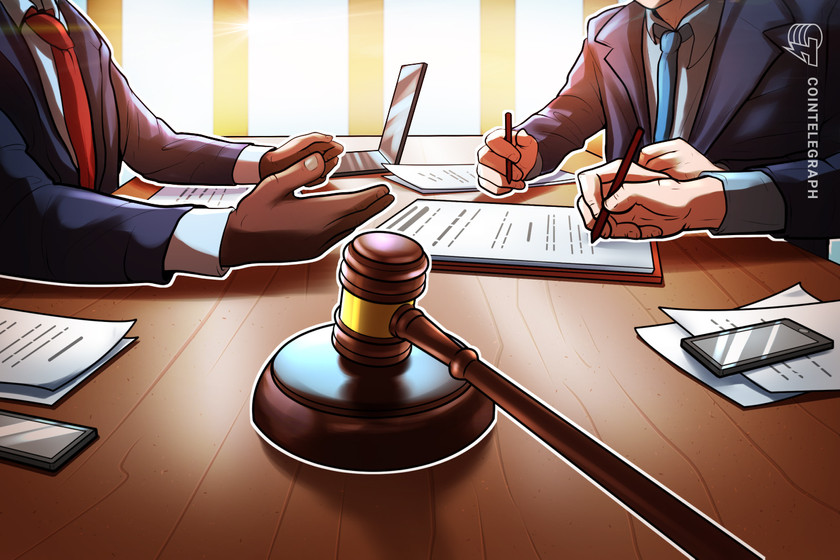Security engineer pleads guilty to Nirvana Finance exploit and one other hack


Shakeeb Ahmed was arrested for hacking an unspecified DEX, and then admitted to the Nirvava Finance hack too.
A software engineer pleaded guilty in the Southern District Court of New York on Dec. 14 to one count of computer fraud in connection with the hacking of Nirvana Finance and an unnamed decentralized cryptocurrency exchange. The United States Attorney’s Office said the case was the first-ever conviction for hacking a smart contract.
Shakeeb Ahmed, described as a “senior security engineer for an international technology company,” was arrested in July in connection with the hack of the unnamed exchange on or about July 2 and 3, 2022. According to the U.S. Attorney’s Office statement:
Ahmed returned all but $1.5 million to the exchange, which “agreed not to refer the attack to law enforcement.” The exchange “allowed users to exchange different kinds of cryptocurrencies, and paid fees to users who deposited cryptocurrency to provide liquidity on the Crypto Exchange.”















